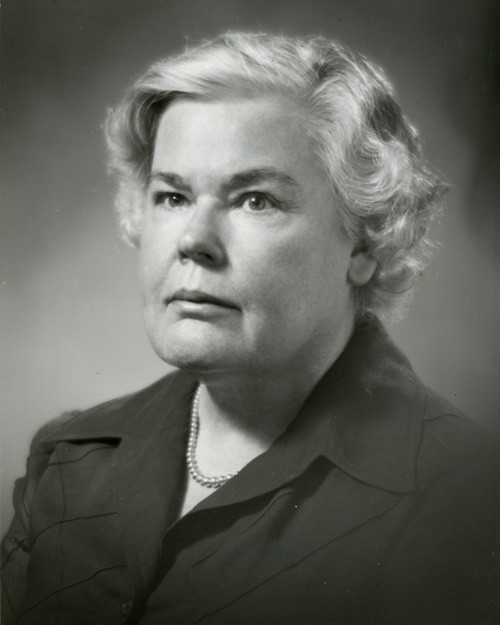Callista Roy and Dorothea Orem Theories
Callista Roy and Dorothea Orem
Nursing theories are crucial in shaping the profession of nursing and guiding nursing practice. They provide a framework for understanding the role of nurses, their purpose, and how they contribute to the overall goal of promoting health, preventing illness, and caring for the sick. Two prominent nursing theorists, Callista Roy and Dorothea Orem, have offered unique perspectives on the nature of nursing and its purpose. While they both share a common goal of improving patient outcomes and promoting holistic care, their educational backgrounds and philosophies of nursing differ greatly. This paper aims to compare and contrast these two theorists, examining their educational backgrounds, philosophies of nursing, definitions of nursing, and goals or purposes of their theories.
Callista Roy and Dorothea Orem Educational Background:
Callista Roy and Dorothea Orem both have strong academic backgrounds in the field of nursing. Roy received her Bachelor of Arts in Nursing from Mount St. Mary’s College, followed by a Master of Science in Nursing from the University of California, Los Angeles. She then went on to complete her doctorate in sociology and social philosophy from the University of California, Los Angeles. Roy’s educational background in nursing and sociology provided her with a unique perspective on the nature of nursing, incorporating both the scientific and humanistic aspects of the profession into her theory.
In contrast, Dorothea Orem received her nursing diploma from Providence Hospital School of Nursing in Washington, D.C., and went on to complete her Bachelor of Science in Nursing from the Catholic University of America. Later in her career, Orem pursued her master’s degree in nursing education from Catholic University and her doctorate in education from the University of Maryland. Orem’s educational background primarily focused on the practical and educational aspects of nursing, which is reflected in her theory.
Callista Roy and Dorothea Orem Philosophy of Nursing:
Roy’s philosophy of nursing is based on the belief that humans are bio-psycho-social beings, and that nursing should take a holistic approach to care by addressing all aspects of the patient. She emphasizes the importance of individual adaptation and adaptation to the environment as a key factor in promoting health and preventing illness. Roy’s theory, known as the Roy Adaptation Model, focuses on the interrelationships between the individual and their environment and how these relationships impact their health and well-being.
On the other hand, Orem’s theory, known as the Self-Care Deficit Nursing Theory, is based on the belief that individuals have a natural tendency to care for themselves, but may require assistance when faced with deficits in self-care. She emphasizes the importance of nurses helping patients to meet their self-care needs by providing education, support, and guidance. Orem’s philosophy of nursing is centered on the belief that nurses are facilitators of self-care and that patient education and empowerment are essential components of nursing care.
Roy and Dorothea Orem Definition of Nursing:
Roy’s definition of nursing is based on the belief that nursing is a science and an art that focuses on promoting and maintaining health, preventing illness, and caring for the sick. She emphasizes the importance of using scientific knowledge and humanistic principles to understand and meet the unique needs of patients. According to Roy, the ultimate goal of nursing is to assist individuals in adapting to their environment in order to achieve optimal health.
Similarly, Orem’s definition of nursing is centered on the idea that nurses are facilitators of self-care. She believes that nursing is a scientific and humanistic activity that involves helping individuals to maintain or regain their health by meeting their self-care needs. Orem’s theory emphasizes the importance of nurses providing support to individuals in order for them to achieve self-care and maintain their health.
Callista Roy and Dorothea Orem Goals/Purpose of Theory:
The goal of Roy’s theory is to promote patient adaptation by maintaining or restoring the individual’s physiological, psychological, and social integrity. She believes that by understanding the individual’s adaptive process, nurses can intervene and promote health and well-being. Roy’s theory also aims to guide nurses in providing holistic care by addressing the physical, emotional, and social needs of patients.
Similarly, Orem’s theory aims to guide nurses in providing patient-centered care by focusing on self-care needs and promoting self-care management. The purpose of her theory is to help individuals achieve self-care and maintain their health through education, support, and guidance. Orem’s theory also emphasizes the importance of empowering patients to take an active role in their care and decision-making.
In conclusion, Callista Roy and Dorothea Orem may have different educational backgrounds and philosophies of nursing, but their contributions to the field of nursing are equally significant. While Roy emphasizes the importance of adapting to one’s environment, Orem’s focus is on empowering individuals to care for themselves. Both theories provide valuable insights into the nature of nursing and serve as guiding principles for nurses in delivering holistic and patient-centered care.








